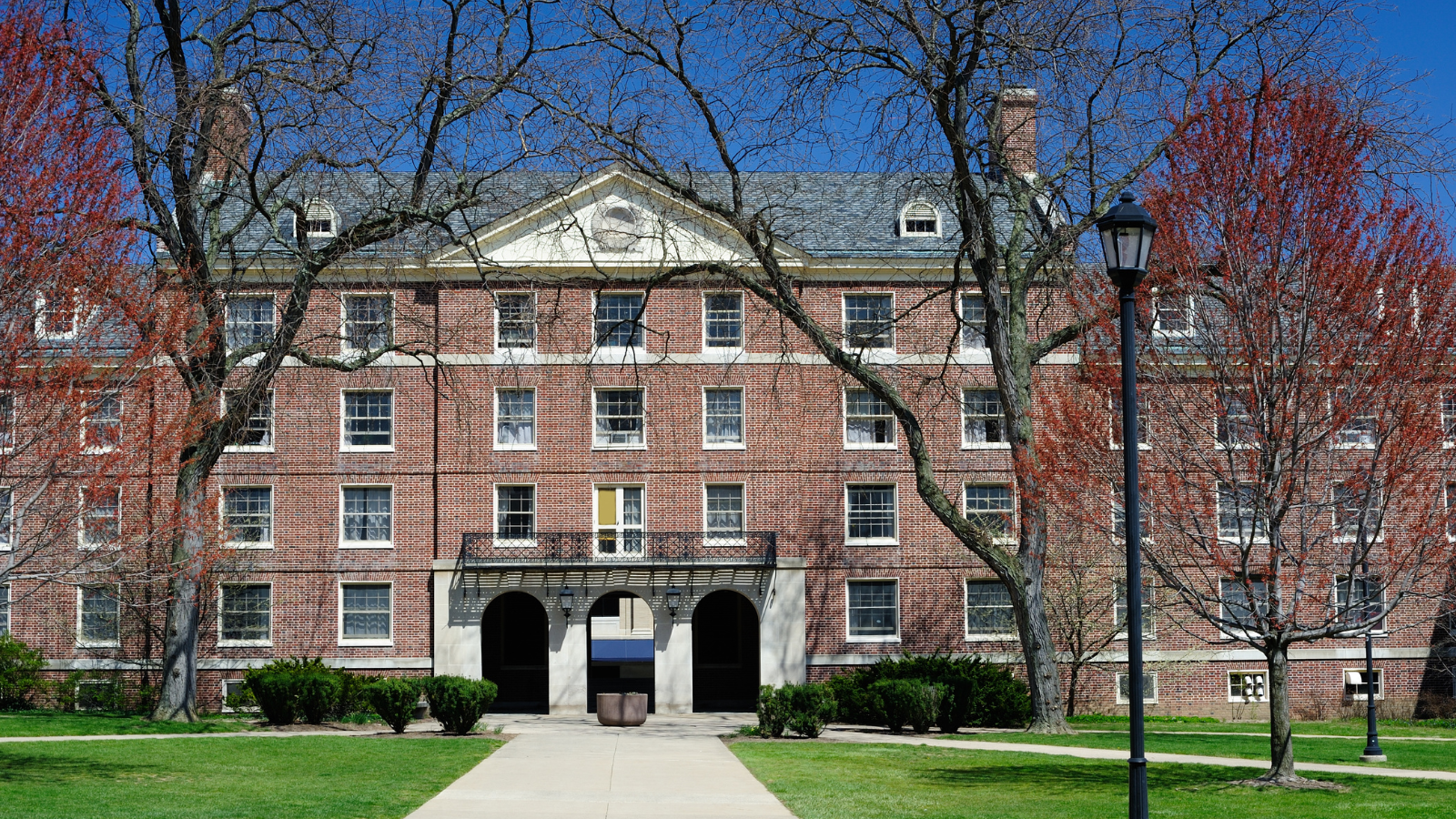Prominent University of Pennsylvania (UPenn) alumni and donors, including former U.S. Ambassador Jon Huntsman, are criticizing the school’s response to the Israel-Hamas conflict and demanding leadership change.
Huntsman, a former Republican Utah governor and ambassador to China, Russia, and Singapore, expressed his dissatisfaction with the university in an email addressed to UPenn President Elizabeth Magill obtained by the school’s student newspaper.
“The University’s silence in the face of reprehensible and historic Hamas evil against the people of Israel (when the only response should be outright condemnation) is a new low. Silence is antisemitism, and antisemitism is hate, the very thing higher ed was built to obviate,” wrote Huntsman, a 1987 UPenn graduate.
Huntsman added that he has decided to halt his family’s substantial donations to the institution, joining several other influential donors who say they will no longer support UPenn due to its stance on antisemitism.
The controversy initially stemmed from UPenn’s decision to host the Palestine Writes Literature Festival last month, as some speakers had a history of making antisemitic remarks. While UPenn leaders did denounce antisemitism in general terms prior to the festival, they refrained from directly addressing the event itself.
Tensions further escalated following the October 7 Hamas-led attack on Israel. Although Magill and UPenn Provost John L. Jackson Jr. denounced the attacks, Huntsman and other donors said the response did not go far enough. Private equity billionaire Marc Rowan, who previously donated $50 million with his wife to the Wharton School in 2018, said last week he is pledging just $1 unless Magill and Scott Bok, chair of the board of trustees, resign. Venture capitalist David Magerman announced Wednesday he is withholding financial support from the university and urged all “self-respecting” Jews to follow suit. Likewise, hedge fund magnate Cliff Asness, a significant UPenn benefactor, also stopped his donations.
Magill responded to the criticism in an email on Sunday, addressing backlash to the festival and the university’s statement on the Israel-Hamas conflict, this time directly referring to the attack as an act of terrorism.
“I want to leave no doubt about where I stand. I, and this University, are horrified by and condemn Hamas’s terrorist assault on Israel and their violent atrocities against civilians,” Magill wrote. “There is no justification — none — for these heinous attacks, which have consumed the region and are inciting violence in other parts of the world.”
Bok also released a statement on behalf of the university confirming that there are no leadership changes planned.
The Israel-Hamas conflict is eliciting strong reactions within academic circles across the nation, with notable donors and alumni voicing concerns about universities that haven’t openly condemned attacks on Israel. Harvard’s president, Claudine Gay, released a statement last week denouncing Hamas following criticism from alumni over the university’s failure to address student groups attributing the October 7 attacks to Israel.




















